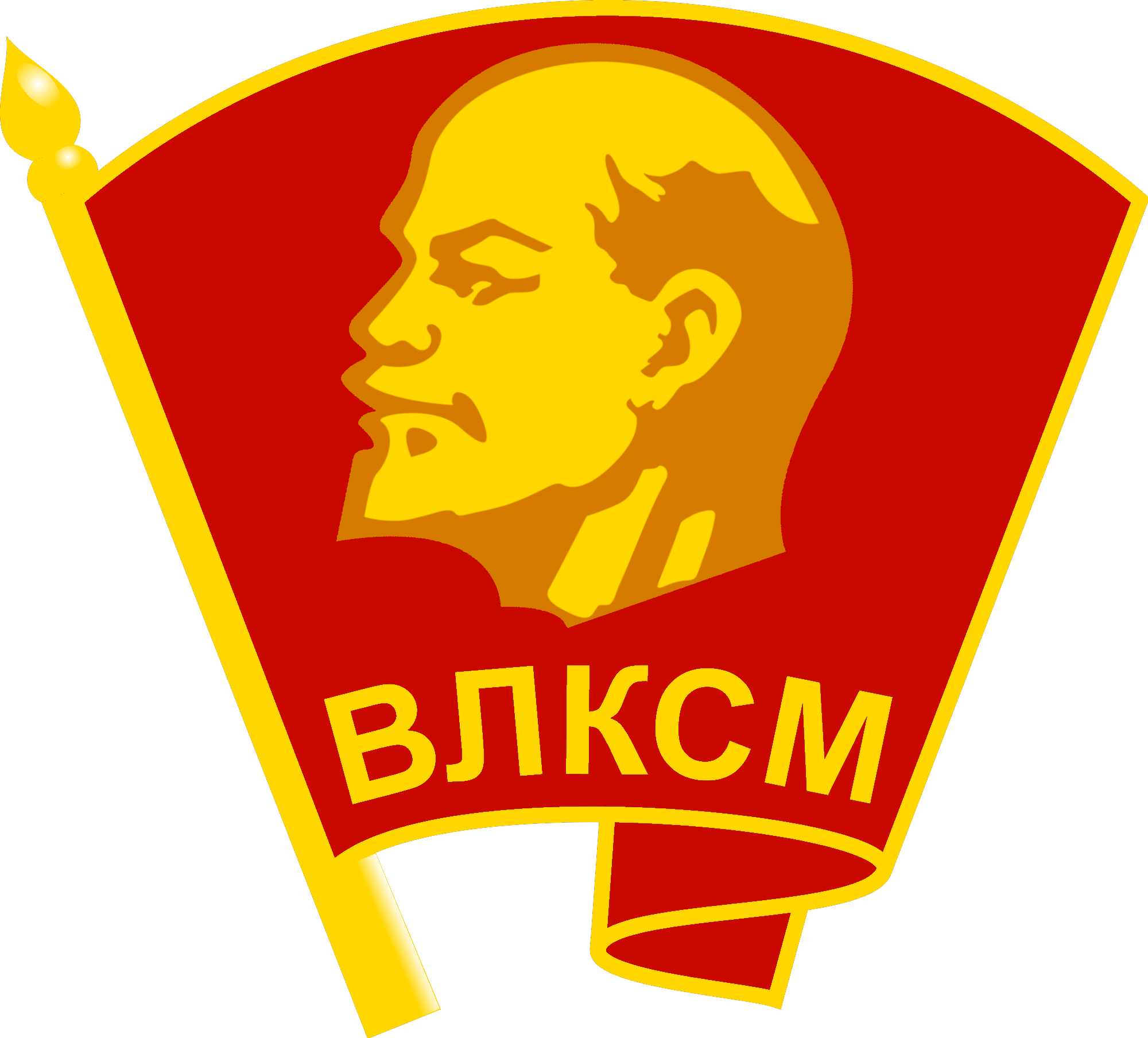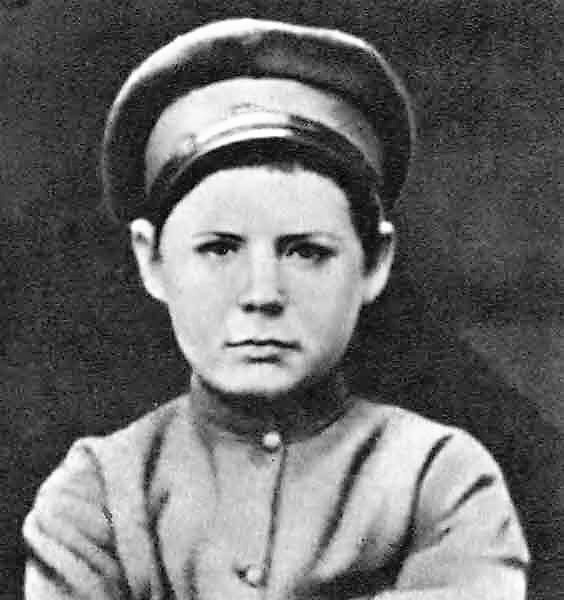|
Chastushka
Chastushka ( rus, частушка, , tɕɪsˈtuʂkə) is a traditional type of short Russian or Ukrainian humorous folk song with high beat frequency, that consists of one four-lined couplet, full of humor, satire or irony. The term "chastushki" was first used by Gleb Uspensky in his book about Russian folk rhymes published 1889. Usually many chastushki are sung one after another. Chastushki make use of a simple rhyming scheme to convey humorous or ironic content. The singing and recitation of such rhymes were an important part of peasant popular culture both before and after the Bolshevik Revolution of 1917. Form A chastushka (plural: chastushki) is a simple rhyming poem which would be characterized derisively in English as doggerel. The name originates from the Russian word "часто" ("chasto") – "frequently", or from "частить" ("chastit"), meaning "to do something with high frequency" and probably refers to high beat frequency of chastushki. The basic form is a si ... [...More Info...] [...Related Items...] OR: [Wikipedia] [Google] [Baidu] |
Russian Humour
Russian humour gains much of its wit from the inflection of the Russian language, allowing for plays on words and unexpected associations. As with any other culture's humour, its vast scope ranges from lewd jokes and wordplay to political satire. Literature 17th century According to Dmitry Likhachov, Russian comedy traditions in literature could be traced back to ''Praying of Daniel the Immured'' by :ru:Даниил Заточник, Daniil Zatochnik, a Pereslavl-Zalessky, Pereyaslavl-born lower class writer who lived between the 12th and 13th centuries. [...More Info...] [...Related Items...] OR: [Wikipedia] [Google] [Baidu] |
Komsomol
The All-Union Leninist Young Communist League (russian: link=no, Всесоюзный ленинский коммунистический союз молодёжи (ВЛКСМ), ), usually known as Komsomol (; russian: Комсомол, links=no ()), a syllabic abbreviation of the Russian ), was a political youth organization in the Soviet Union. It is sometimes described as the youth division of the Communist Party of the Soviet Union (CPSU), although it was officially independent and referred to as "the helper and the reserve of the CPSU". The Komsomol in its earliest form was established in urban areas in 1918. During the early years, it was a Russian organization, known as the Russian Young Communist League, or RKSM. During 1922, with the unification of the USSR, it was reformed into an all-union agency, the youth division of the All-Union Communist Party. It was the final stage of three youth organizations with members up to age 28, graduated at 14 from the Young Pioneer ... [...More Info...] [...Related Items...] OR: [Wikipedia] [Google] [Baidu] |
Stanzaic Form
In poetry, a stanza (; from Italian ''stanza'' , "room") is a group of lines within a poem, usually set off from others by a blank line or indentation. Stanzas can have regular rhyme and metrical schemes, but they are not required to have either. There are many different forms of stanzas. Some stanzaic forms are simple, such as four-line quatrains. Other forms are more complex, such as the Spenserian stanza. Fixed verse poems, such as sestinas, can be defined by the number and form of their stanzas. The stanza has also been known by terms such as ''batch'', ''fit'', and ''stave''. The term ''stanza'' has a similar meaning to ''strophe'', though ''strophe'' sometimes refers to an irregular set of lines, as opposed to regular, rhymed stanzas. Even though the term "stanza" is taken from Italian, in the Italian language the word "strofa" is more commonly used. In music, groups of lines are typically referred to as '' verses''. The stanza in poetry is analogous with the paragraph ... [...More Info...] [...Related Items...] OR: [Wikipedia] [Google] [Baidu] |
Russian Folk Songs
Russian(s) refers to anything related to Russia, including: *Russians (, ''russkiye''), an ethnic group of the East Slavic peoples, primarily living in Russia and neighboring countries *Rossiyane (), Russian language term for all citizens and people of Russia, regardless of ethnicity *Russophone, Russian-speaking person (, ''russkogovoryashchy'', ''russkoyazychny'') *Russian language, the most widely spoken of the Slavic languages *Russian alphabet *Russian cuisine *Russian culture *Russian studies Russian may also refer to: *Russian dressing *''The Russians'', a book by Hedrick Smith *Russian (comics), fictional Marvel Comics supervillain from ''The Punisher'' series *Russian (solitaire), a card game * "Russians" (song), from the album ''The Dream of the Blue Turtles'' by Sting *"Russian", from the album ''Tubular Bells 2003'' by Mike Oldfield *"Russian", from the album '' '' by Caravan Palace *Nik Russian, the perpetrator of a con committed in 2002 *The South African name for a ... [...More Info...] [...Related Items...] OR: [Wikipedia] [Google] [Baidu] |
Kulaks
Kulak (; russian: кула́к, r=kulák, p=kʊˈlak, a=Ru-кулак.ogg; plural: кулаки́, ''kulakí'', 'fist' or 'tight-fisted'), also kurkul () or golchomag (, plural: ), was the term which was used to describe peasants who owned over of land towards the end of the Russian Empire. In the early Soviet Union, particularly in Soviet Russia and Azerbaijan, ''kulak'' became a vague reference to property ownership among peasants who were considered hesitant allies of the Bolshevik Revolution. In Ukraine during 1930–1931, there also existed a term of pidkurkulnyk (almost wealthy peasant); these were considered "sub-kulaks". ''Kulak'' originally referred to former peasants in the Russian Empire who became wealthier during the Stolypin reform of 1906 to 1914, which aimed to reduce radicalism amongst the peasantry and produce profit-minded, politically conservative farmers. During the Russian Revolution, ''kulak'' was used to chastise peasants who withheld grain from the Bo ... [...More Info...] [...Related Items...] OR: [Wikipedia] [Google] [Baidu] |
Sheila Fitzpatrick
Sheila May Fitzpatrick (born June 4, 1941) is an Australian historian, whose main subjects are history of the Soviet Union and history of modern Russia, especially the Stalin era and the Great Purges, of which she proposes a " history from below", and is part of the "revisionist school" of Communist historiography. She has also critically reviewed the concept of totalitarianism and highlighted the differences between Nazi Germany and the Soviet Union in debates about comparison of Nazism and Stalinism. Fitzpatrick is professor at the Australian Catholic University (Melbourne), honorary professor at the University of Sydney, and Distinguished Service Professor Emerita at the University of Chicago. Prior to this, she was Bernadotte Everly Schmitt Distinguished Service Professor at the University of Chicago, where she taught Soviet history, for which she is considered a founder of the field. Family Sheila Fitzpatrick was born in Melbourne in 1941, the daughter of Australian ... [...More Info...] [...Related Items...] OR: [Wikipedia] [Google] [Baidu] |
Sergei Kirov
Sergei Mironovich Kirov (né Kostrikov; 27 March 1886 – 1 December 1934) was a Soviet politician and Bolshevik revolutionary whose assassination led to the first Great Purge. Kirov was an early revolutionary in the Russian Empire and member of the Bolshevik faction of the Russian Social Democratic Labour Party. Kirov became an Old Bolshevik and personal friend to Joseph Stalin, rising through the Communist Party of the Soviet Union ranks to become head of the party in Leningrad and a member of the Politburo. On 1 December 1934, Kirov was shot and killed by Leonid Nikolaev at his offices in the Smolny Institute for unknown reasons; Nikolaev and several suspected accomplices were convicted in a show trial and executed less than 30 days later. Kirov's death was later used as a pretext for Stalin's escalation of political repression in the Soviet Union and the events of the Great Purge, with complicity as a common charge for the condemned in the Moscow Trials. Kirov's assassina ... [...More Info...] [...Related Items...] OR: [Wikipedia] [Google] [Baidu] |


